When to Outsource Your Finishing
For tricky finishes or a durable tabletop, a pro can do it better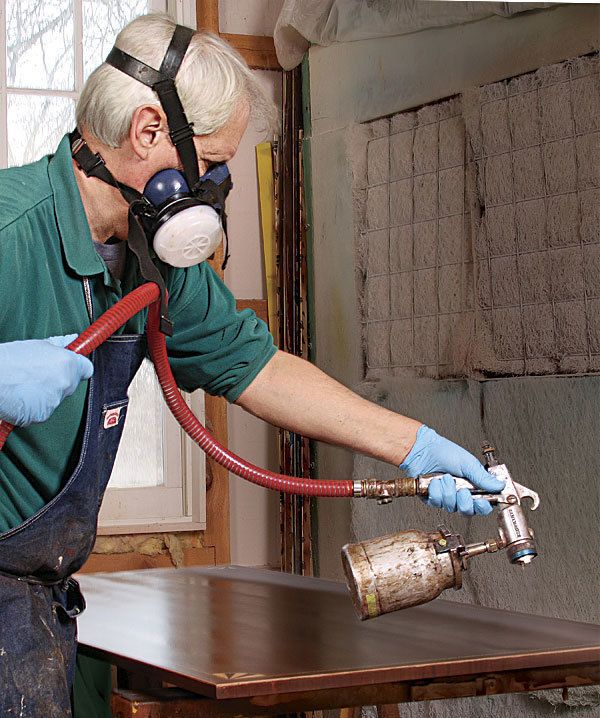
Synopsis: Many woodworkers love the idea of making a piece from start to finish, but dread the prospect of finishing it. Sometimes, a particular finish is beyond your reach, either technically or artistically, such as a really bombproof surface for a kitchen tabletop that only a sprayed, catalyzed finishing can achieve, or a really special dyed finish on a period piece. At times like these, you might consider using a professional finisher. This article takes a look at three scenarios where hiring a pro makes sense, and gets advice from the pros about finding the right finisher, pricing, preparation, and other secrets to success.
From Fine Woodworking #222
For 11 years now, I’ve written and edited Fine Woodworking articles aimed at helping readers finish furniture they’ve made. Recently, while admiring Peter Gedrys’s work finishing a Federal-style desk that I made (“Antique Finish that Holds Nothing Back,” FWW #220), I had something of a Road-to-damascus conversion. Why, I wondered, don’t more woodworkers use a professional to finish some of their pieces? After all, most woodworkers don’t like finishing and many struggle at it. So why do something you don’t like, aren’t good at, and at the same time risk ruining a piece you’ve invested a lot of time and money in?
When and why to use a pro: The two obstacles to using a pro are guilt and money. Many hobbyist woodworkers worry that if they have someone else finish their work, then it won’t really have been made by them. On my desk, not only did I not apply the finish, but I also didn’t saw and dry the lumber, slice the veneer, make the bandings, or cast the hardware. Still, I have no problem saying that I made the piece.
Regarding cost, if you are a pro it’s fairly easy to calculate whether the time you’d spend finishing, multiplied by your hourly shop rate, is more or less than the cost of having a piece finished professionally. If you are an amateur, consider the cost of top-notch finishing tools such as a spray gun, a compressor, and a spray booth, as well as paying for classes in how to use them.
Unless you make a mess just wiping on a few coats of oil, I’m not advocating that you give up finishing your projects entirely. But there may be times when a particular finish is beyond your reach either technically or artistically. I had this in mind when I did some research around the country about what a professional finisher would charge. I gave each finisher three finishing scenarios to price.
For the full article, download the PDF below:
Fine Woodworking Recommended Products
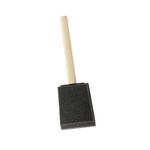
Foam Brushes

Bahco 6-Inch Card Scraper
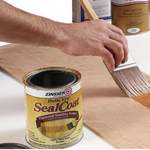













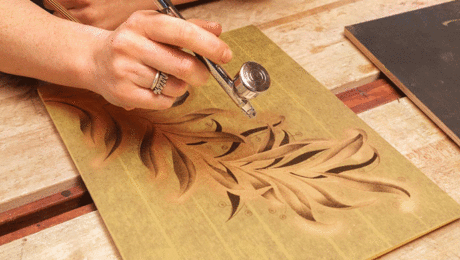
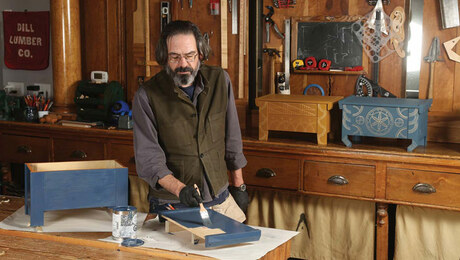








Log in or create an account to post a comment.
Sign up Log in